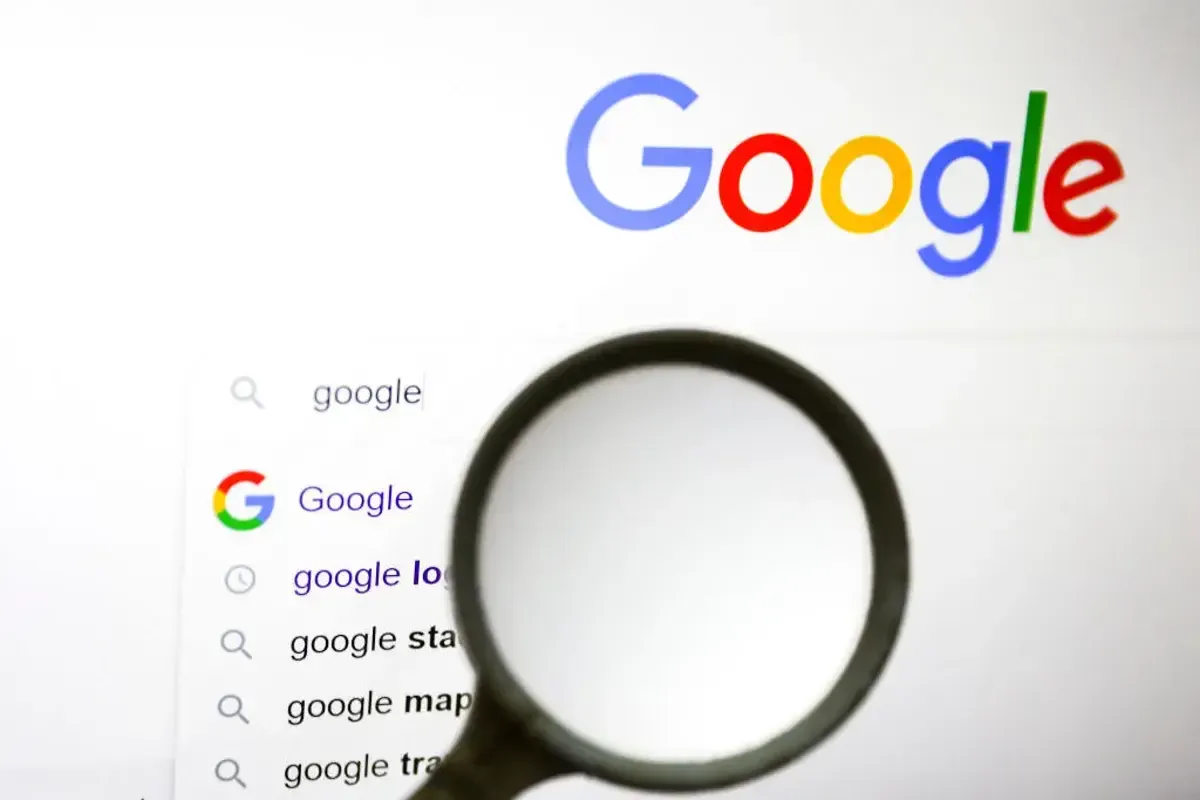
Google, the world's most popular search engine, is facing an antitrust lawsuit in the United States. The lawsuit, which was filed by the Department of Justice (DOJ) and 38 states and territories, alleges that Google has an illegal monopoly in the search engine business. The case is set to go to trial in September 2023, and a federal judge has recently narrowed the scope of the case. On Friday in Washington, U.S. Judge Amit Mehta ruled that the antitrust case should start trial next month. While the Judge ruled in Google's favour on some grounds, the rest of the case will go to trial. In this article, we will explore the details of the antitrust case involving Google Search in the US.

Background
Google has been the dominant search engine in the US for many years, with a market share of over 80%. The DOJ and a group of states have been investigating Google's business practices for several years, and in October 2020, they filed a lawsuit against the company. The lawsuit alleges that Google has used anticompetitive tactics to maintain its monopoly in the search engine market.
The Antitrust Case
The antitrust case against Google is set to go to trial in September 2023. The case will be heard by US District Judge Amit Mehta. In a decision unsealed on August 4, 2023, Judge Mehta narrowed the scope of the case. Ruling in Google's favour on some grounds, the Judge said that the state attorneys could not show that Google's search results harmed users. Mehta also threw away the allegations by the states that Google makes it hard for users to get other search engines. Mehta said the states "have not demonstrated the requisite anticompetitive effect in the relevant market."
However, Google did not get a positive ruling on other grounds, The judge did allow the case to proceed, stating that the DOJ and the states had provided enough evidence to support their claims that Google has an illegal monopoly in the search engine market.
The DOJ and the states allege that Google has used anticompetitive tactics to maintain a monopoly in the search engine market. Specifically, they claim that Google has entered into exclusionary agreements with device brands and wireless carriers. The attorneys said that the agreement is to ensure that its search engine is the default option on their devices. They also allege that Google has used its dominance in the search engine market to stifle competition in other areas. One such area is online advertising.

Google's Response
Google has denied the allegations and has stated that it will vigorously defend itself in court. The company argues that its search engine is popular because it provides the best results for users. Google states that the use of its Search Engine has no link with any anti-competitive practices. Google has also pointed out that its search engine is free to use. It also claims that users can easily switch to other search engines if they choose to do so.
Conclusion
The antitrust case involving Google Search in the US is set to go to trial in September 2023. The case alleges that Google has an illegal monopoly in the search engine market and has used anticompetitive tactics to maintain its dominance. While a federal judge has narrowed the scope of the case, the DOJ and the states have provided enough evidence to support their claims, and the case will proceed to trial. Google has denied the allegations and has stated that it will vigorously defend itself in court. The outcome of the trial could have significant implications for the search engine market and for Google's business practices.
Author's Bio
Efe Udin is a seasoned tech writer with over a decade of experience covering a wide range of topics. From mobile phones to tablets, Efe has kept a keen eye on the latest advancements and trends. However, Efe's true passion lies in exploring the intersection of technology, politics, and brand feuds. With an astute understanding of the power dynamics and competitive landscape within the tech world, Efe delves into the intricacies of how technology influences political discourse and how brand rivalries shape the industry.
Popular News
Latest News
Loading



